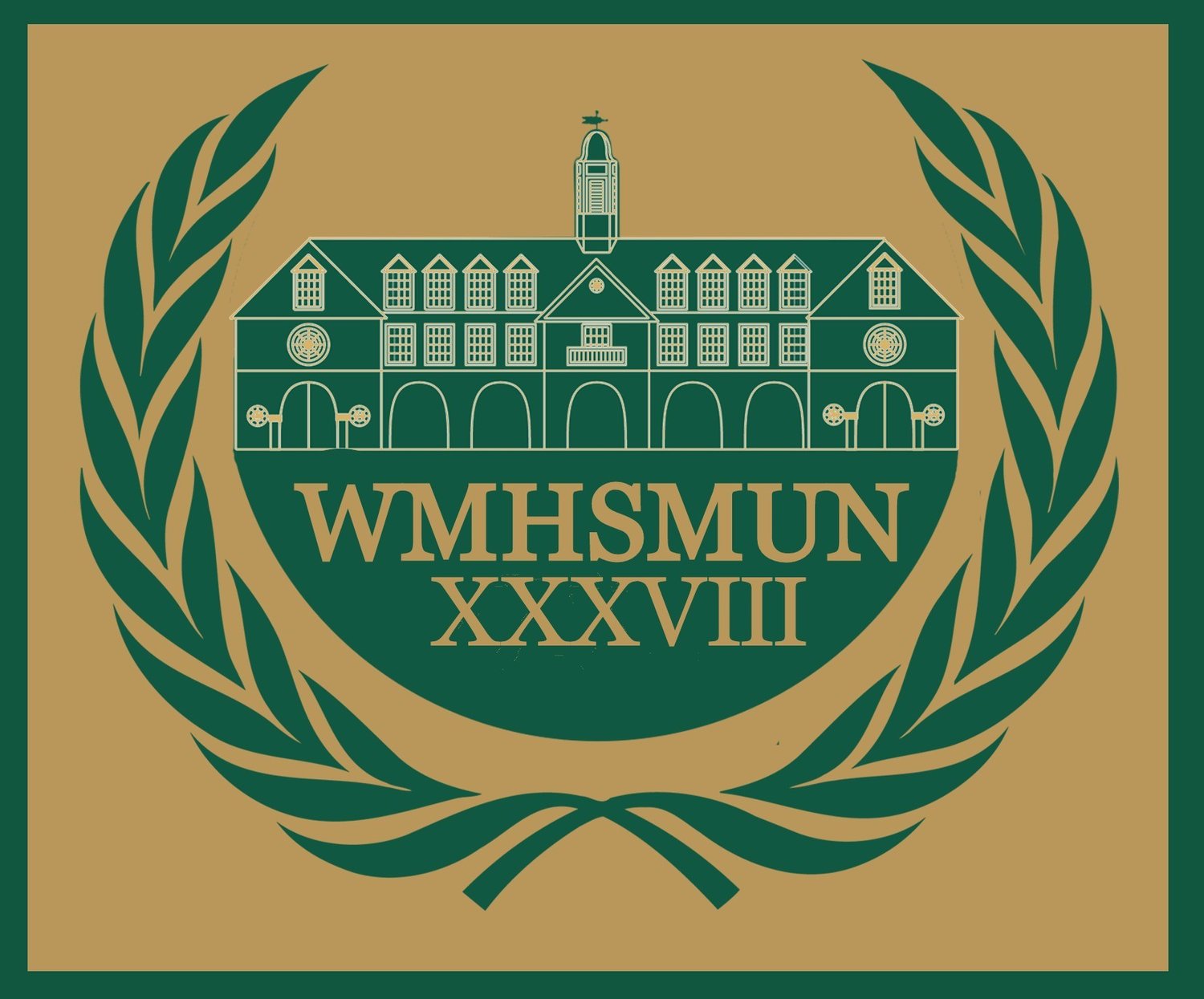Disarmament & International Security Committee (DISEC)
This is a double delegation committee
Topic One - Addressing Outer Space Nuclear Proliferation
As the 21st century ushers in a “New Space Race,” outer space exploration has become more exciting and yet more dangerous than ever. New discoveries and intensive research have made space exploration more accessible, and thus have completely changed its place within international relations. For some nations, the new landscape represents only limitless possibilities of expansion in a power-hungry ecosystem. However, in an era of devastating nuclear weaponry, this growing competition between states threatens to be highly destructive. As a result, it is up to the delegates to determine how to best address the danger of nuclear proliferation within the context of a space-hungry world.
Topic Two - Protecting the Cyberspace in the Age of Artificial Intelligence
Amidst rapid technological development, states are now faced with a new, completely foreign enemy in artificial intelligence (AI), which could critically alter cyberspace. Initially perceived as a helpful tool that would allow machines to efficiently solve problems, AI can serve a fundamentally good purpose. However, as the negative consequences of these complex machines begin to become more evident, states are becoming wary of how AI may change the nature of international affairs due to the ease of spreading disinformation, generating propaganda, and creating malicious cyberattacks. As AI continues to evolve and become more intelligent than ever, delegates must work together to determine whether AI is a friend or a foe–and where it truly belongs on the world’s stage.

